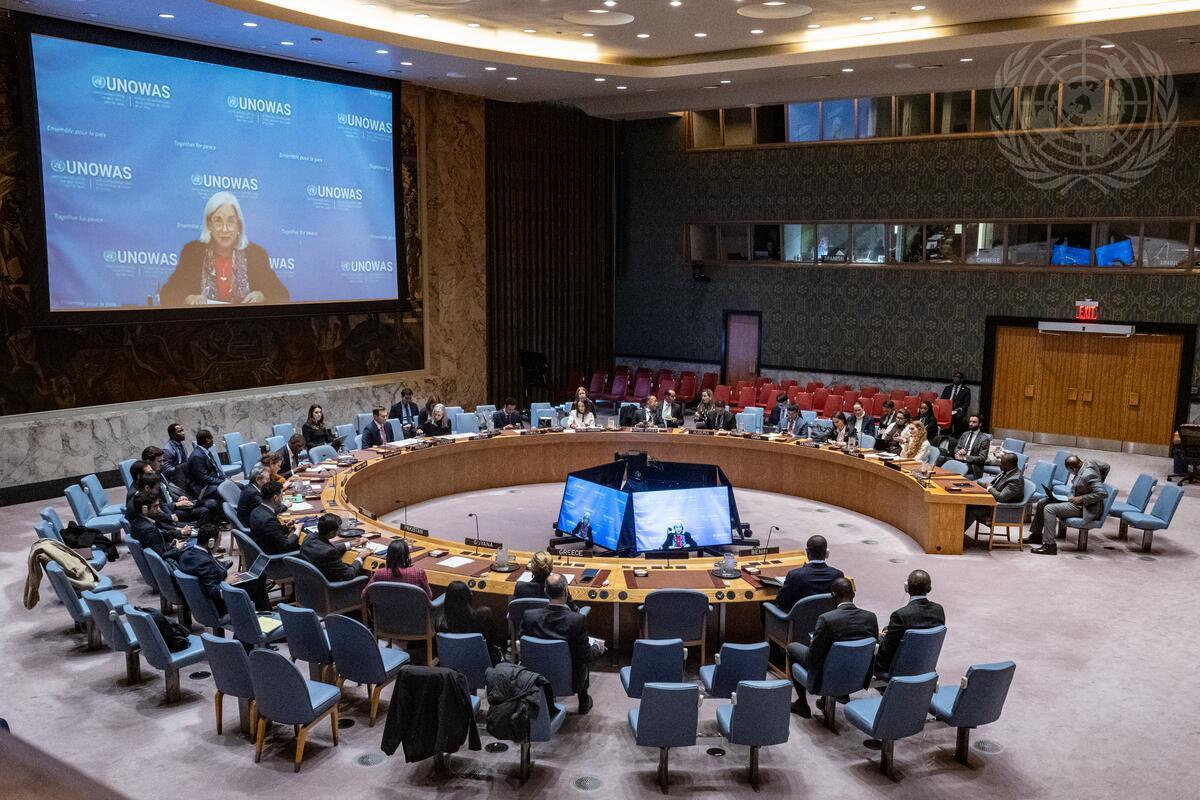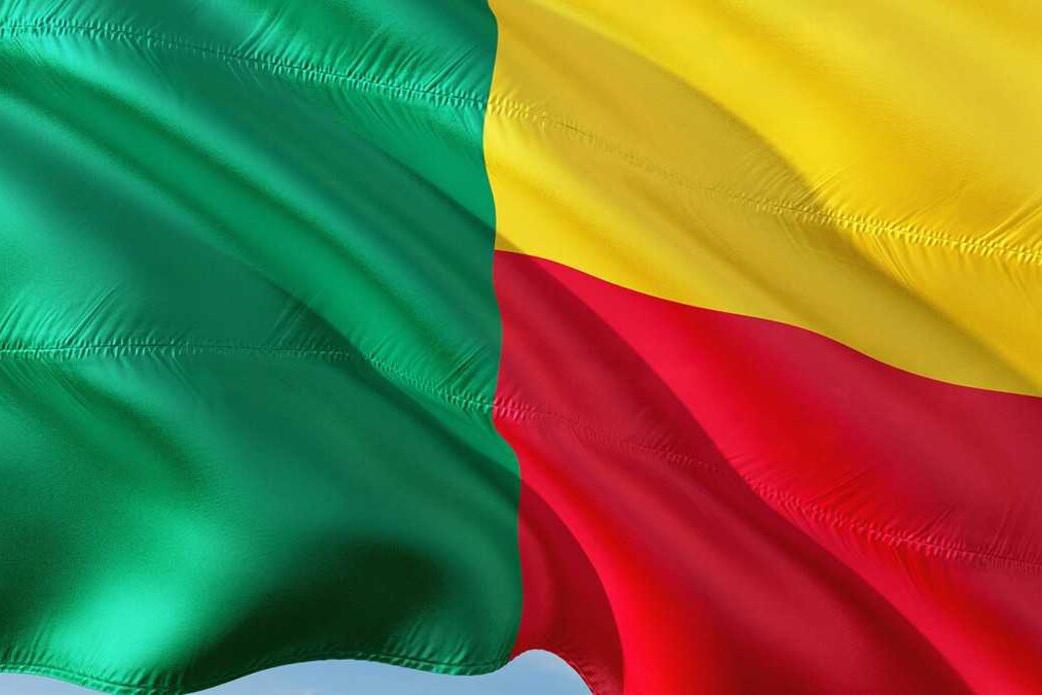En coordination avec les acteurs nationaux, régionaux et internationaux, UNOWAS veille à ce que les élections soient pacifiques et crédibles.
Pour la première fois depuis la création de la Communauté économique des États de l’Afrique de l’Ouest (CEDEAO) en 1975, aucun Chef d’État en exercice n’a accédé au pouvoir par un coup d’État. Ils sont tous arrivés au pouvoir par des processus réguliers d’élections démocratiques. La défaite électorale de l’ancien Président de la Gambie, Yahya Jammeh, en décembre 2016 a été également révélateur du fait que les peuples de la région, comme dans d’autres parties du monde, ne veulent pas de leadership auto-proclamé ni de gouvernements par les armes. Cela établit en Afrique de l’Ouest une balise de régime démocratique dans laquelle le scrutin a pris racine et a vaincu les balles pour devenir le faiseur et le gardien de la démocratie.
Plusieurs années auparavant, le phénomène de gouvernements ayant accédé au pouvoir par un coup d’État existait au Niger, au Mali, au Burkina Faso, en Guinée et en Guinée Bissau. L’insensibilité des assoiffés de pouvoirs, associée à la lourde destruction de vies et de biens et la tension et la violence qui, dans certains cas, caractérisaient les élections, compromettent la confiance dans le système démocratique. Elles ont permis à des fauteurs de troubles et à des relativistes d’insinuer que la pratique démocratique et ses institutions sont mal adaptées à la réalité de la situation africaine.
Les acteurs nationaux, les organisations régionales, différents acteurs des Nations Unies et UNOWAS ont identifié les causes profondes des défis électoraux et déterminé la manière de les prendre en compte pour renforcer l’importance du processus démocratique et de la lutte contre le fléau de la violence électorale.
En conformité avec la Résolution 62/150, de l’Assemblée générale des Nations Unies, UNOWAS assure la liaison avec les parties prenantes appropriées pour harmoniser leurs efforts dans des questions sur la manière de mieux établir des mécanismes d’alerte précoce pour suivre la situation avant, pendant et après les élections. Cela nécessite aussi l’intégration effective de la prévention des conflits dans les préparatifs électoraux, en particulier le rôle des médias, les jeunes, la société civile et les groupes de femmes.
La conduite d’élections réussies atténue les menaces sur la paix et la sécurité dans la sous-région
UNOWAS considère que ces efforts sont importants parce qu’il pense que, dans le contexte régional plus large, la conduite d’élections réussies atténue les menaces sur la paix et la sécurité dans une sous-région aux prises avec le terrorisme et la criminalité transnationale organisée, le trafic de drogues illicites, les défis liés à la réforme du secteur sécuritaire ainsi que la prolifération d’armes et de munitions. Pour cette raison, UNOWAS appelle toujours les parties prenantes et les candidats à s’approcher des élections dans le même esprit de tolérance et exhorte les Commissions électorales à garantir l’impartialité, la transparence et l’équité par l’inclusivité afin de garantir la légitimité et l’acceptation consensuelle du résultat du processus électoral. Ce faisant, elle se réfère toujours aux statuts de la CEDEAO, aux Nations Unies et à la Charte africaine de la démocratie, des élections et de la gouvernance de 2007.
Soutien important
Il n’est donc pas surprenant que les dix élections présidentielles tenues dans la région ouest-africaine en 2015 et en 2016 aient été largement pacifiques. Un aspect significatif du succès est qu’à l’issue de six de ces élections, le pouvoir a changé de main, en passant de partis au pouvoir à des partis d’opposition. Il s’agit du Ghana, du Nigeria, du Burkina Faso, de la Gambie, du Bénin et du Cabo Verde. Là où il y a eu des différends, ils ont été réglés par des moyens légaux et non par la violence.
Malgré ces succès, le risque de nouvelles possibilités d’instabilité persiste comme on peut le voir dans la situation politique en cours dans la République du Togo ces derniers mois. Inutile de dire que la région doit recevoir un ample soutien des Nations Unies et de la communauté internationale plus large, en particulier pour la promotion des droits de l’homme et de la bonne gouvernance afin de renforcer les efforts en matière de bonne gouvernance et d’élections transparentes, équitables et crédibles.
Comme nous le savons, la région a échappé de justesse à une crise de paix et de sécurité à l’échelle régionale avec la situation en Gambie au début de l’année 2017. UNOWAS continue de collaborer avec les parties prenantes, locales et internationales, en appui aux initiatives visant à consolider les acquis démocratiques en prenant notamment en compte les défis transfrontaliers exacerbant la situation sécuritaire quand ils sont associés à de mauvaises pratiques électorales et à une violence électorale.
Consolidation des acquis
À titre d’exemple, en Gambie l’implication de UNOWAS dans les élections de 2016 va des efforts ayant indirectement affecté le processus électoral aux rencontres avec des représentants du gouvernement, de partis d’opposition et d’organisations de la société civile, de femmes et de jeunes. C’est ainsi qu’avant les élections de 2016 en Gambie, UNOWAS avait effectué trois différentes missions pour consulter différentes Agences des Nations Unies en vue d’évaluer la situation et des mesures appropriées pour que l’élection à venir se déroule dans des conditions garantissant une issue pacifique. En étroite collaboration avec l’Équipe pays des Nations Unies et le PNUD, le Chef de UNOWAS a exhorté les parties prenantes à éviter de recourir à la violence et à rechercher des recours par des voies pacifiques.
La suite pour consolider les acquis d’une pratique électorale pacifique et ses avancées démocratiques concomitantes consiste essentiellement en un engagement soutenu et en renforcement des capacités pour l’intégration de la prévention des conflits et du développement dans le processus démocratique. Cela réussira le mieux par un effort de collaboration des parties prenantes bénéficiant du soutien de UNOWAS et de l’assistance de la CEDEAO et l’UA dans l’observation des codes et des instruments nationaux pertinents et dans le respect des statuts de l’organisations internationale, la vigilance de la société civile et du secteur privé. La prééminence de l’alerte précoce et de la prévention devrait également être soulignée pour insister sur le fait que le leadership et l’appropriation nationaux, le partenariat et la collaboration internationale sont des éléments essentiels de la prévention des conflits. Cela garantira un fonctionnement sain du rapport entre paix et développement dans une région aux liens de causes à effets entre la multiplicité des menaces pour la paix et la sécurité devant être pris en compte de manière holistique.





